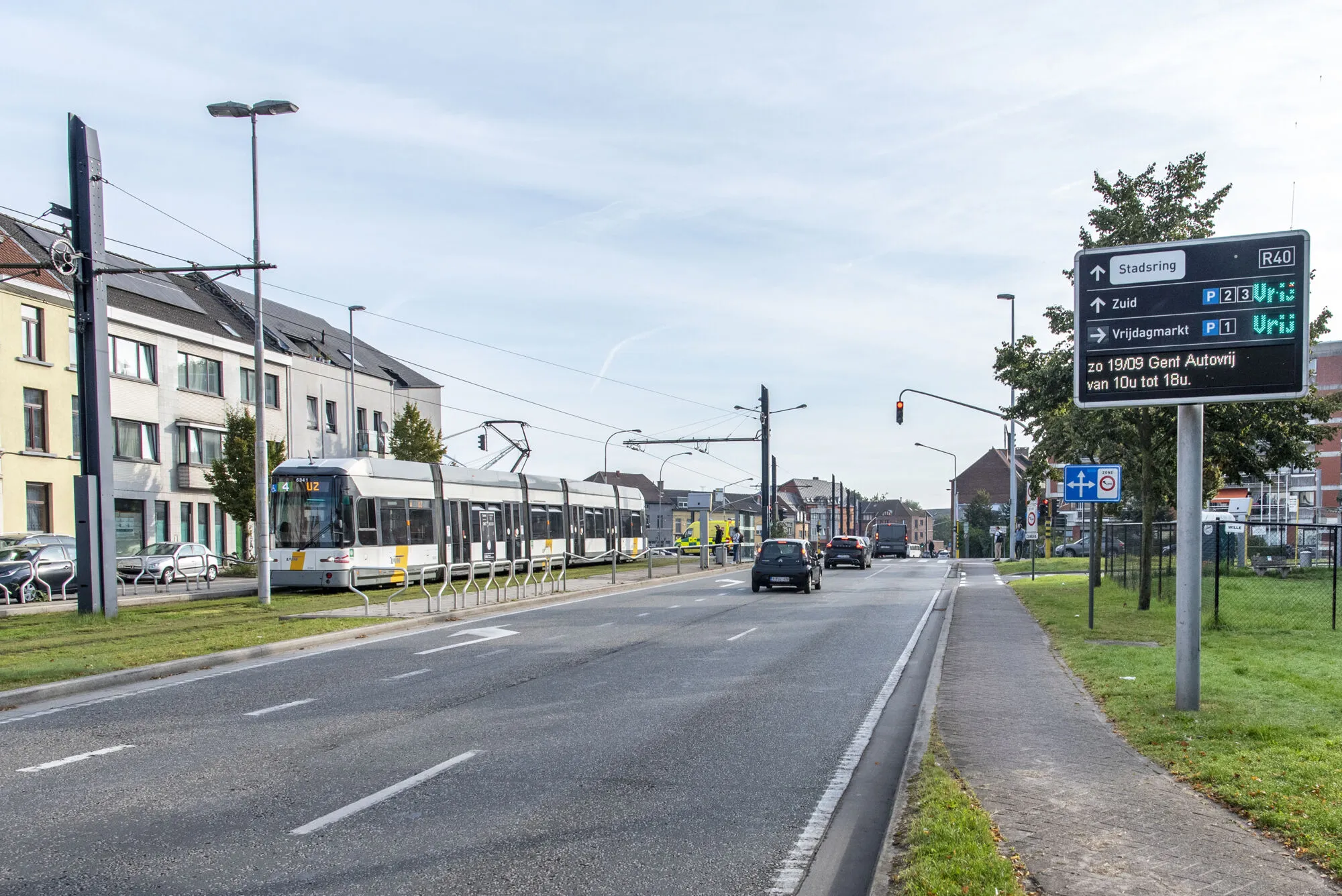After a period of research and testing by Florida International University, OHL School of Construction, and supported by the Florida Department of Transportation (FDOT), officials have opted to deploy the Sensit truck parking system from Belgian company Nedap.
The combination of increased commercial motor vehicle traffic, tighter delivery schedules, and federally regulated limits on driving time (HOS rules) has led to a nationally recognised problem on interstate highways: increased demand for commercial
November 7, 2014
Read time: 1 min
After a period of research and testing by Florida International University, 6073 OHL School of Construction, and supported by the 4503 Florida Department of Transportation (FDOT), officials have opted to deploy the Sensit truck parking system from Belgian company 3838 Nedap.
The combination of increased commercial motor vehicle traffic, tighter delivery schedules, and federally regulated limits on driving time (HOS rules) has led to a nationally recognised problem on interstate highways: increased demand for commercial truck parking.
Sensit is a wireless platform that detects vehicles occupancy in parking spots and reports this information in real time. The information can then be relayed to drivers to inform them about current occupancy at the parking facility, through digital signage along the way or via smart phone application.
Nedap business partner IPsens, based in Kalamazoo, Michigan, successfully integrated and installed the intelligent Sensit system for truck parking at the rest areas.
The combination of increased commercial motor vehicle traffic, tighter delivery schedules, and federally regulated limits on driving time (HOS rules) has led to a nationally recognised problem on interstate highways: increased demand for commercial truck parking.
Sensit is a wireless platform that detects vehicles occupancy in parking spots and reports this information in real time. The information can then be relayed to drivers to inform them about current occupancy at the parking facility, through digital signage along the way or via smart phone application.
Nedap business partner IPsens, based in Kalamazoo, Michigan, successfully integrated and installed the intelligent Sensit system for truck parking at the rest areas.









